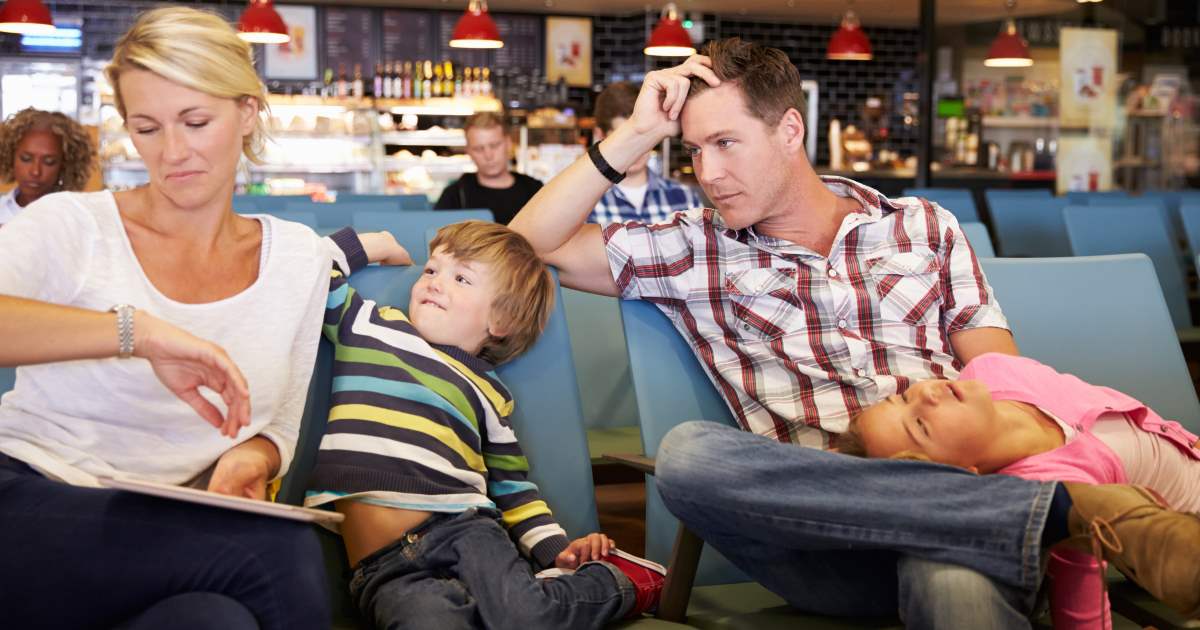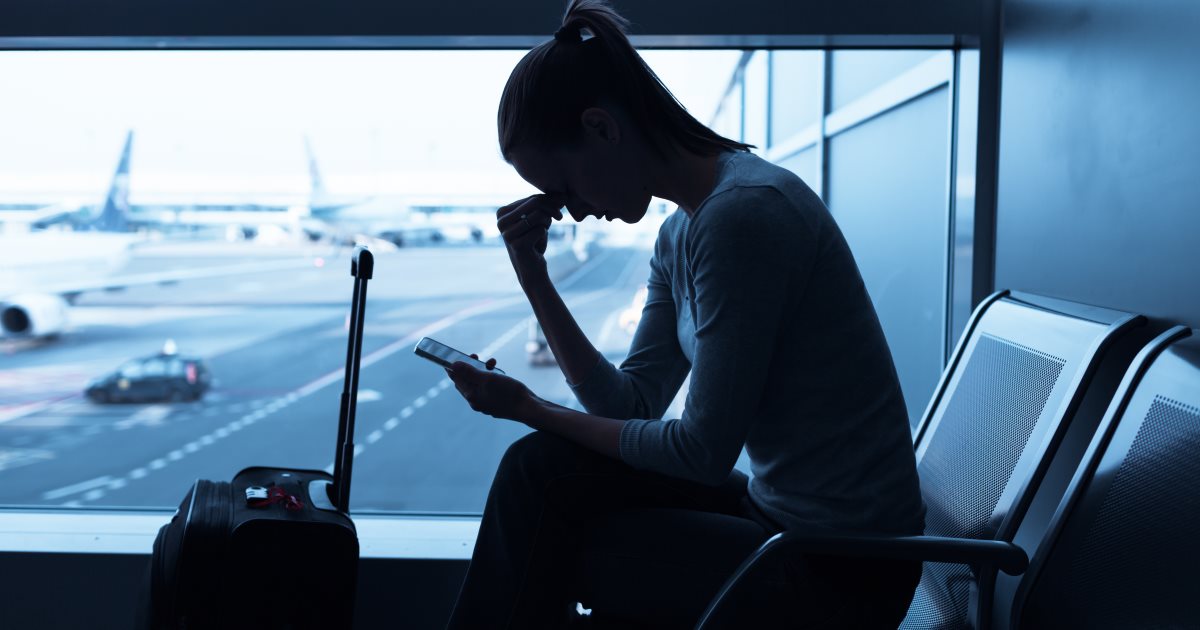Millenial Travel 2018: The UK’s Most And Least Trusted Airlines Revealed
Join a global community of over 200,000 TEFL teachers working throughout the world! Enrol me!
The digital boom has transformed the travel industry beyond recognition over the past decade. With millions of images across social media and reviews on sites like TripAdvisor, we have never felt so in control of the places we go and the brands we trust to take us there.
It takes seconds to document our experiences and share them with the world. And, in turn, that perfect selfie is influencing where friends and peers want to holiday next.
We carried out a survey* of millennial travellers to find out how much social media influences our experiences abroad. We also uncovered how the recent Monarch and Ryanair scandals have affected attitudes towards major airlines (we’ll give you a clue… Ryanair didn’t fare too well here, but we’ll get to that).

What motivates millennials to travel?
There’s no denying that postcard-perfect images on Instagram and other social channels influence our perceptions of certain destinations, and millennials seem to buy in to this more than any other generation.
46% of respondents said they document their travels on social media at least once a day, while 35% said they feel pressured to do it. 19% of millennial holidaymakers admitted they felt they should post multiple times daily, which fits the ‘if it’s not on social, it never happened’ mantra.
Research carried out by Expedia found 42% of millennials admitted the holiday snaps their friends posted on social media had a strong influence on their travel plans.
In our survey, millennials were very clear on the most important thing they wanted to gain from their travel experience. The majority (58%) said time to relax and reflect was most important, while having an authentic cultural experience away from tourist attractions was a close second (48%).
According to research carried out by Apadmi, finding local gems off the beaten path is easier said than done. The report, which focused on transforming travel through mobile technology, found 37% of travellers want to find out what locals do but can’t find the relevant information.

Which airlines do millenials trust (and which are a bust)?
The same report from Apadmi also reported that 54% of travellers think that the travelling experience can be improved. And it seems millennials agree when it comes to airlines.
The collapse of Monarch Airlines, which saw close to 2,000 staff laid off, sent ripples through the industry and shocked the public and the 860,000 inconvenienced passengers alike. Meanwhile, budget airline Ryanair hit the headlines when it cancelled thousands of flights, which affected close to 400,000 customers.
Both stories were shared heavily on social media – with news pieces, pictures of packed airports, and complaints posted on the likes of Facebook, Twitter, and Instagram. And it may have influenced millennials, just like their friends’ photos of sun-kissed beaches and delicious, exotic street food.
We decided to dig a little deeper and find out which airlines fared the best when it came to trust and discover which brands have some serious PR issues to resolve.
| Rank | Airline | Trust Score |
| 1 | British Airways |
316 |
| 2 | easyJet |
252 |
| 3 | Eastern Airways |
217 |
| 4 | Thomas Cook |
190 |
| 5 | Flybe |
189 |
| 6 | Jet2 |
179 |
| 7 | Tui |
161 |
| 8 | Virgin Atlantic |
136 |
| 9 | Air Lingus |
63 |
| 10 | Ryanair |
-58 |
We assigned each airline a trust score based on whether our millennial respondents said they trusted the company or not. One point was awarded every time our millennial travellers ticked ‘I trust this company’, and a point was taken away each time respondents ticked ‘I do not trust this company’.
British Airways came out on top with a trust score of 316, miles ahead of its nearest competitor, which was easyJet with 252. Just months removed from its recent cancellations nightmare, Ryanair was at the very bottom of the pile with a minus score, showing more people told us they do not trust the Irish airline than trust it.
In fact, 43% of millennial travellers told us their trust in airlines had decreased because of the recent headlines around Monarch and Ryanair. Proving that social media and other news sources have a definite effect on younger travellers.
The travel industry has felt a shift because of digital media in recent years and clearly the habits and tastes of millennial holidaymakers are part of it. While few can predict exactly how things will look 10 years from now, we can expect the demand for a more streamlined travel experience to grow, and for social media to continue to influence our travel-related decisions. And what will happen when these young millennials become one of the older generations.
* This survey, of 503 UK adults between the ages of 19 and 35 living in regions across the UK, was conducted by The Leadership Factor on behalf of TEFL.
Accreditation & Quality Assurance
The TEFL Academy was the world’s first TEFL course provider to receive official recognition from government regulated awarding bodies in both the USA and UK. This means when you graduate you’ll hold a globally recognised Level 3 (120hr) Certificate or Level 5 (168hr) Diploma, meaning you can find work anywhere and apply for jobs immediately.
 United States
US
United States
US












